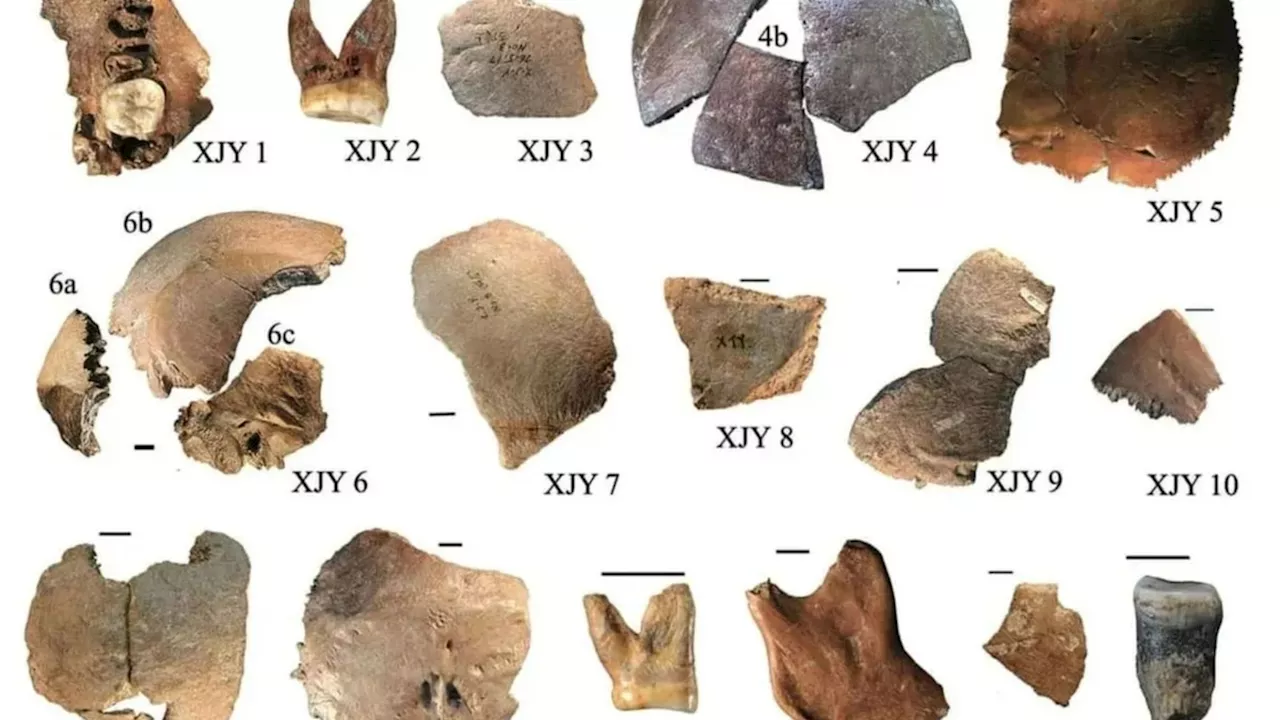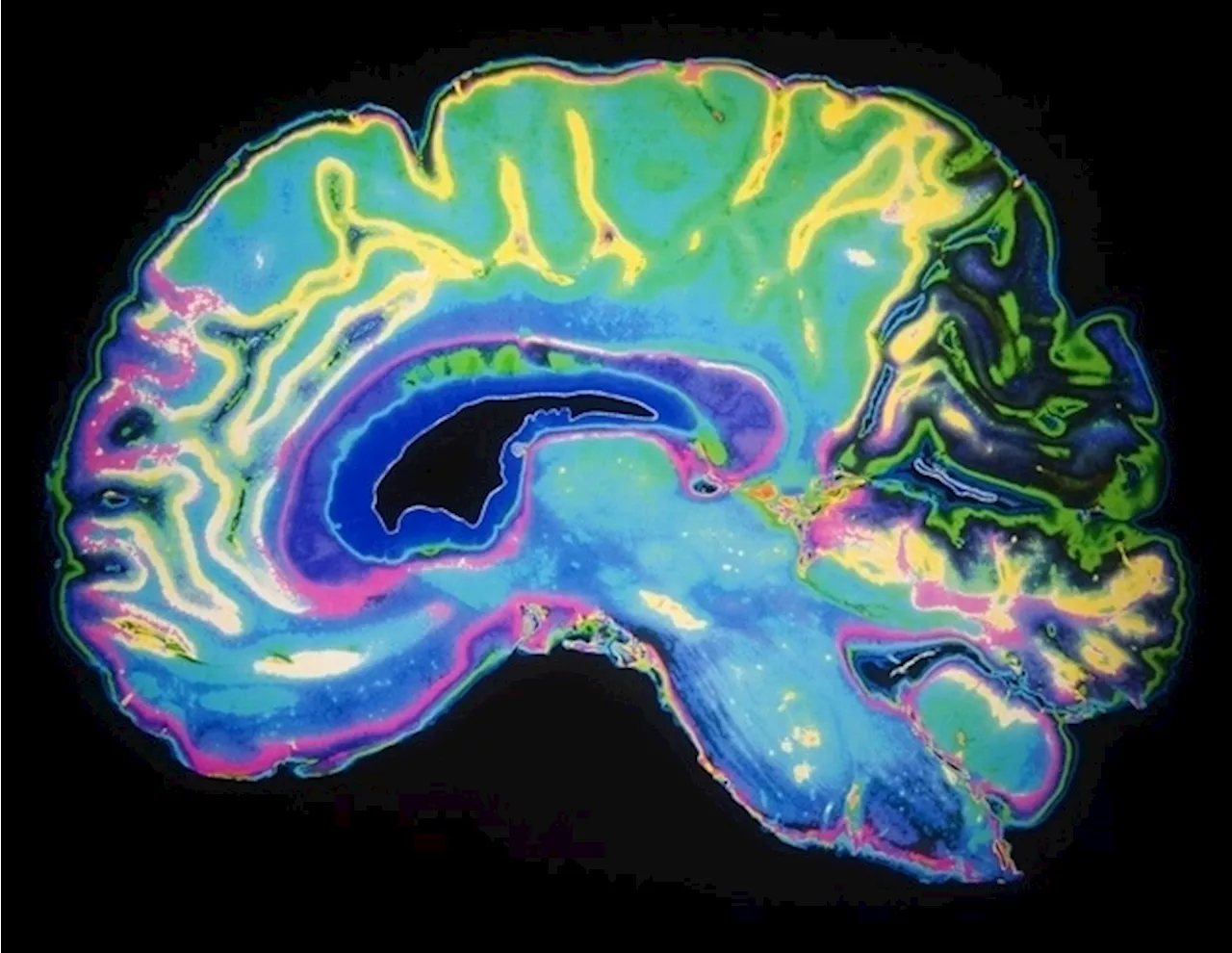Modern humans, Neanderthals, and other recent relatives on our human family tree evolved bigger brains much more rapidly than earlier species, a new study of human brain evolution has found.
University of ReadingNov 27 2024
The team assembled the largest-ever dataset of ancient human fossils spanning 7 million years and used advanced computational and statistical methods to account for gaps in the fossil record. These innovative approaches provided the most comprehensive view yet of how brain size evolved over time. Dr Thomas Puschel, lead author now at Oxford University, said: "Big evolutionary changes don't always need dramatic events. They can happen through small, gradual improvements over time, much like how we learn and adapt today."
United Kingdom Latest News, United Kingdom Headlines
Similar News:You can also read news stories similar to this one that we have collected from other news sources.
 Homo juluensis: The Species with a 'Huge Head' That Lived Alongside Neanderthals and Modern HumansScientists discovered a new human species, Homo juluensis, known for its large skull and teeth. Fossils were found in China, suggesting they lived around 120,000 to 140,000 years ago, possibly alongside Neanderthals and Homo sapiens. The species likely hunted in groups and went extinct due to harsh climatic conditions.
Homo juluensis: The Species with a 'Huge Head' That Lived Alongside Neanderthals and Modern HumansScientists discovered a new human species, Homo juluensis, known for its large skull and teeth. Fossils were found in China, suggesting they lived around 120,000 to 140,000 years ago, possibly alongside Neanderthals and Homo sapiens. The species likely hunted in groups and went extinct due to harsh climatic conditions.
Read more »
 Research identifies the brain's 'locus coeruleus' as key player in sleep cyclesResearchers at the University of Lausanne have identified a novel role for the brain's 'locus coeruleus' in sleep and its disruptions.
Research identifies the brain's 'locus coeruleus' as key player in sleep cyclesResearchers at the University of Lausanne have identified a novel role for the brain's 'locus coeruleus' in sleep and its disruptions.
Read more »
 Research shows impact of concussions on aperiodic brain activityA new study of high school football players found that concussions affect an often-overlooked but important brain signal.
Research shows impact of concussions on aperiodic brain activityA new study of high school football players found that concussions affect an often-overlooked but important brain signal.
Read more »
 New research explores the secrets behind human culture's uniquenessWhy is human culture -; the shared body of knowledge passed down across generations -; so much more powerful than animal cultures?
New research explores the secrets behind human culture's uniquenessWhy is human culture -; the shared body of knowledge passed down across generations -; so much more powerful than animal cultures?
Read more »
 Research reveals role of IGFBP3 in human lung developmentResearchers of the University of Barcelona and the August Pi y Sunyer Biomedical Research Institute (IDIBAPS) have shown that the IGFBP3 protein plays a relevant role in human lung development.
Research reveals role of IGFBP3 in human lung developmentResearchers of the University of Barcelona and the August Pi y Sunyer Biomedical Research Institute (IDIBAPS) have shown that the IGFBP3 protein plays a relevant role in human lung development.
Read more »
 We are a bit NeanderthalWhat modern genetics has taught us about human history
We are a bit NeanderthalWhat modern genetics has taught us about human history
Read more »
